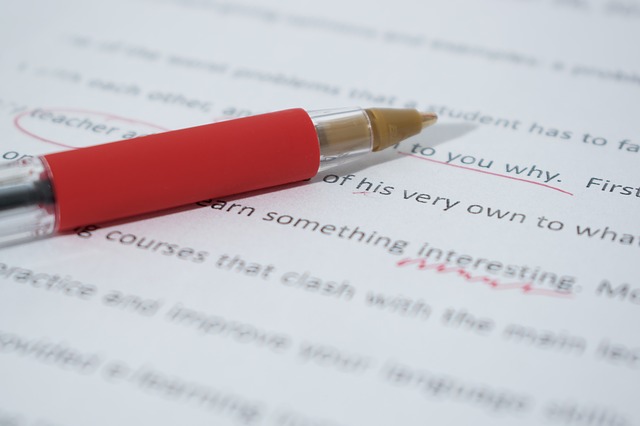I have a background in writing and editing and I apply these skills when working with you as your McKenzie Friend.
What is an editor’s eye?
An editor’s eye is that attention to detail, that ability to spot the mistakes and problems that can occur in any written content.
It means spotting and correcting grammatical or factual errors, typos (typographical errors, also known as typing mistakes) or inconsistencies – and it can make the difference between something that is well-prepared and well-written and something that is not quite ready or difficult to understand.
Editorial skills also include the ability to write and craft information, make it relevant and present it in a clear and easy-to-follow way.
My early editorial jobs included editing content for bilingual technical and specialist dictionaries, editing multilingual ophthalmic publications – and I progressed to writing articles and chapters for a variety of legal journals. I have also written regulatory content.
That rounded editorial background has helped me greatly in my McKenzie Friend work and it proved invaluable when I wrote my book.
Why is an editorial eye so important?
If you have a busy day job and have scarcely enough time to get through all the work you need to do each day, you will relate to at least some of the challenges the courts are facing these days.
There are fewer court staff members than ever before, yet the demands on their time are increasing as more and more people go to court without a lawyer, as litigants in person – or with legal representation.
Some court services have been amalgamated and if you take a look at the court listings the next time you are in court, you will notice that up to three hearings may be listed for the same time slot – to be heard by the same judge (or magistrates). As a result, you could be in for a lengthy wait before your case is heard.
With so many challenges, anything you can do to improve your paperwork will be greatly appreciated by court staff. Not only will your efforts help the courts, they could ultimately help you too.
While not everyone will have experienced the rigours of working as an editor, there are ways you can improve your own paperwork.
10 ways to develop your editorial eye and improve your paperwork
Here are a few things you can do to improve the quality and clarity of the information that you prepare for court:
- Base what you say on fact.
- Remove any information that is not relevant to the case.
- Tell your story chronologically.
- Always use specific dates or at least the month and the year (do not say last year, next year, this year).
- Make sure you complete your application forms or paperwork fully.
- Write in full sentences.
- Run a spellcheck and grammar check after you have finished writing.
- Double check facts and figures – e.g. dates of birth, other key dates.
- Remember who is the Applicant (the person applying for an order) and who is the Respondent (the person responding to the application) – and check that you have not mixed the two up.
- Check for any inconsistencies – e.g. you may have said that you have three sons but later on in your document, you may have mentioned that you have only two sons.
The skills and experience I gained during all those years at the editorial coalface continue to serve me well, whether I am checking over a form or simply helping you to express what you would like the court to do by conveying your message in the best possible way.

To find out how I can help you craft the right words, contact me.
Copyright © Going to Court Alone – Debbie Thomas
Portrait by: Antonia Kavaš
